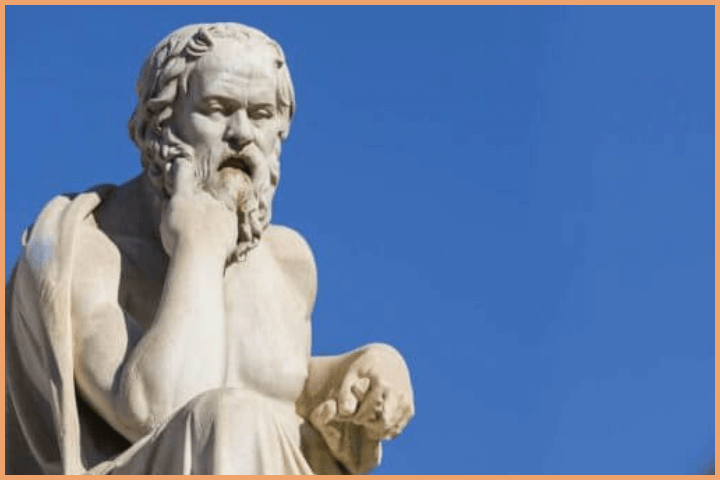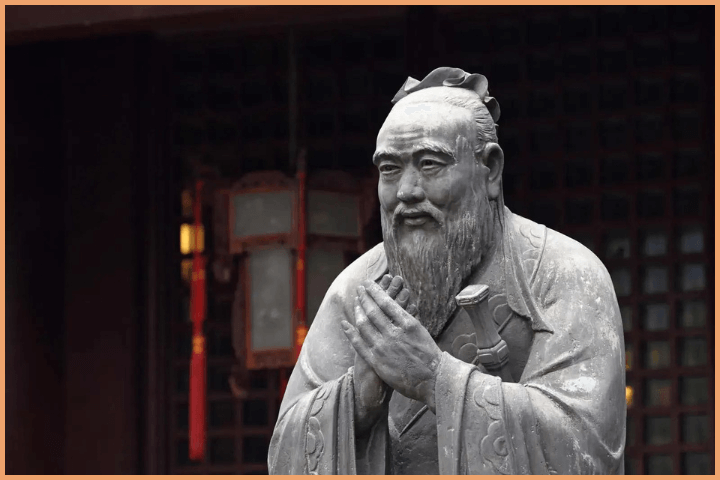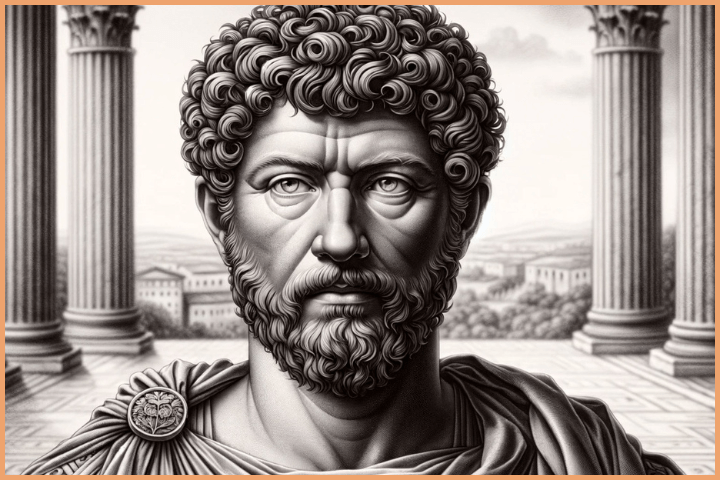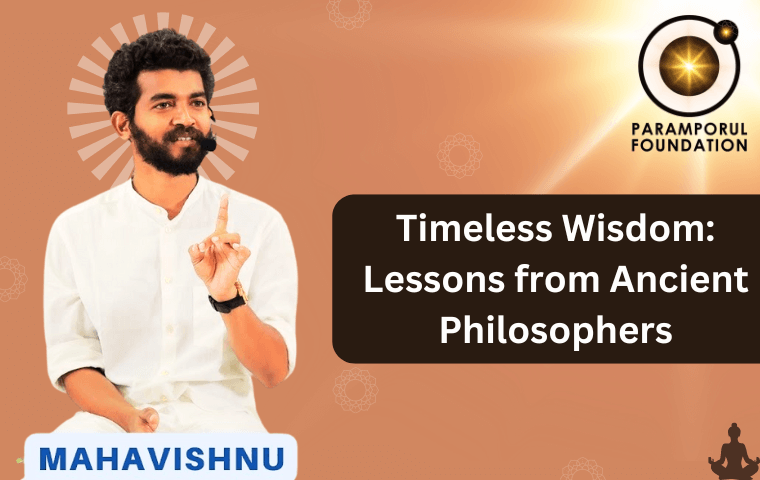In today’s fast-paced world, we often find ourselves searching for guidance and meaning. Surprisingly, some of the most valuable insights can be found in the teachings of ancient philosophers. These great thinkers, such as Socrates, Confucius, Marcus Aurelius, and others, shared timeless wisdom that continues to resonate with us even today. Their lessons on self-reflection, virtue, simplicity, and resilience can help us navigate life’s challenges with greater clarity and purpose.
Understanding Yourself

One of the most important lessons from Socrates is the idea of knowing yourself. He believed that self-awareness is the foundation of a meaningful life. By taking time to reflect on your thoughts, actions, and motivations, you can better understand who you are and what drives you. This knowledge helps you make decisions that align with your true self, leading to a more fulfilling life. Understanding yourself is not just about introspection; it’s about using that knowledge to live authentically and purposefully.
The Power of Patience

Confucius, a revered Chinese philosopher, taught that persistence and patience are essential for success. In a world where we often feel pressured to achieve results quickly, Confucius reminds us that it’s okay to move at our own pace as long as we don’t give up. Whether you’re working toward personal goals or professional achievements, steady and consistent effort will eventually lead to success. This timeless wisdom encourages us to be patient with ourselves and others as we work toward our aspirations.
Rising Above Challenges

Marcus Aurelius, a Stoic philosopher and Roman emperor, offered profound advice on how to handle adversity. He believed that true strength lies in rising above the actions of those who wrong us. Instead of seeking revenge or harboring resentment, he taught us that we should focus on becoming better versions of ourselves. This lesson is especially relevant in today’s world, where conflicts and misunderstandings are common. By focusing on personal growth and integrity, we can navigate challenges with grace and wisdom.
Embracing Humility
Both Socrates and Confucius emphasized the importance of humility in the pursuit of knowledge. Socrates famously stated that “the only true wisdom is in knowing you know nothing,” highlighting the value of acknowledging our limitations. Confucius echoed this sentiment, reminding us that recognizing our ignorance is the first step toward learning and growth. In a world where it’s easy to pretend we know everything, this timeless wisdom encourages us to remain open-minded and eager to learn.
Living Fully

Seneca, another Stoic philosopher, urged us to live without fear of death or failure. He believed that fearing the inevitable prevents us from truly living. Instead of allowing fear to hold us back, Seneca encouraged us to embrace life with courage and determination. This advice is a powerful reminder to seize the opportunities before us and live a life worth remembering. By letting go of our fears, we can fully engage with the present and pursue our passions with confidence.
Taking Action
Marcus Aurelius also taught that actions speak louder than words. He believed that instead of spending time debating what it means to be a good person, we should simply strive to be one. This timeless wisdom is particularly relevant in today’s world, where there is often more talk than action. By focusing on what we can do rather than what we say, we can make a positive impact on the world around us.
Conclusion
The wisdom of ancient philosophers provides us with insights that remain as meaningful today as they were centuries ago. By embracing their timeless wisdom, we can lead more meaningful, purposeful lives. Whether it’s through self-reflection, patience, humility, or courage, these lessons help us navigate life’s challenges with grace and integrity. As we move forward in our modern world, let us remember the words of these great thinkers and allow their wisdom to guide our steps.

